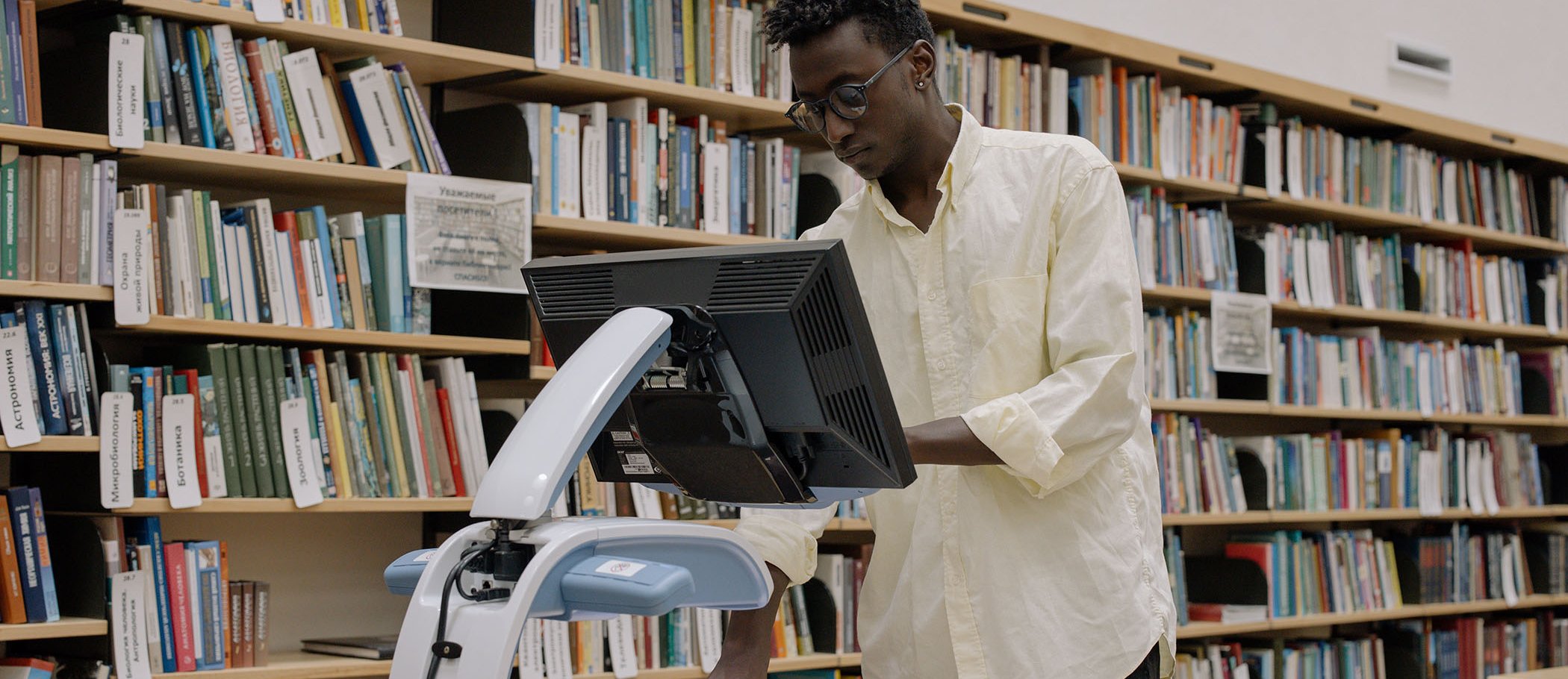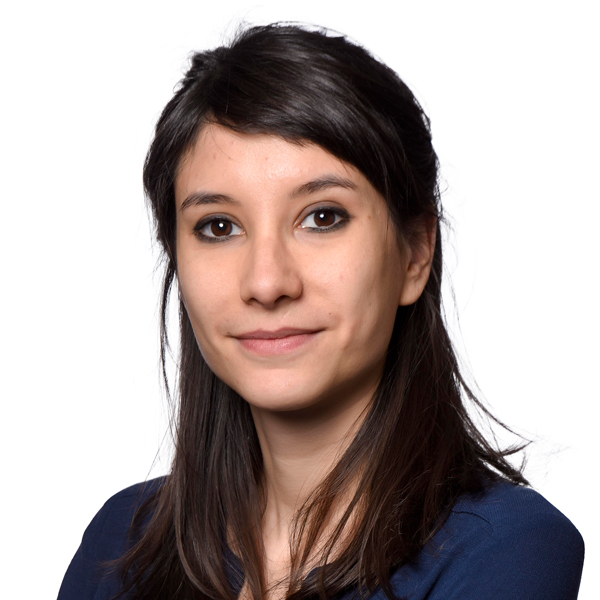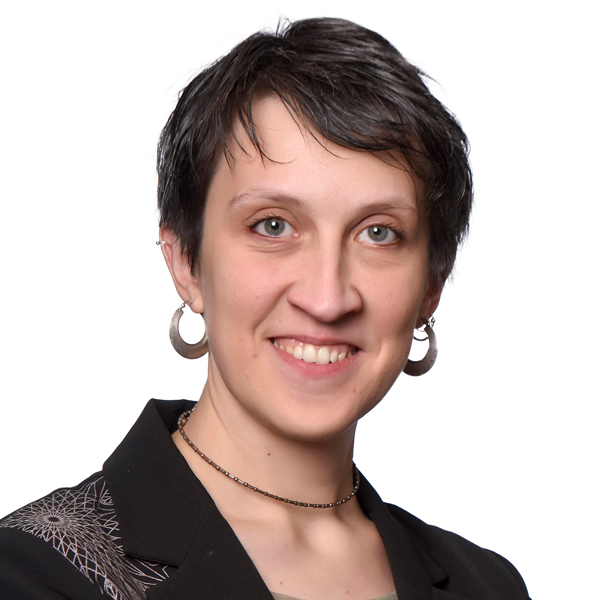The relationship between Digital Humanities and academic libraries
Subject: Arts and humanities
Sara Zerini attends the pre-conference of the 20th Fiesole Collection Development Retreat
In the 1940s, Italian priest Roberto Busa searched for an automatic system to analyse the texts of Thomas Aquinus. With perforated cards and a computer, he gave shape to his Index Thomisticus. Since then, new tools have been created to access, share and preserve the contents, which is where the study of Humanities and new technologies come together.
What role do and will academic libraries play in Digital Humanities? This is the question that has been posed this year at the pre-conference of the Fiesole Collection Development Retreat, held at the Poblenou centre of Pompeu Fabra University (UPF).
It was attended by Sara Zerini, co-manager of the UOC Library digital collection. During the session, case studies were presented by the various international institutions.
Remedying a weak relationship
Zerini highlighted the presentation by Lluís Anglada (CSUC) and Ángel Borrego (UB), who focused on the state of Spanish academic libraries and the strategic plans of the Spanish Network of University Libraries (REBIUN). Although relations between academic libraries and researchers have historically been weak, Anglada and Borrego confirmed a growing movement among centres towards open access and the creation of synergies between both sides.
Good practices and reflections
- Núria Bel (UPF) talked about the current state of Digital Humanities in Spain. Her presentation focused especially on natural language processing (NLP), ie how large quantities of data in language can be analysed.
- Marian Lefferts presented the activities and databases of the Consortium of European Research Libraries (CERL), aimed at improving access to and preservation of European heritage in print.
- Peter Foster focused on the discoveries and research projects of Gale, part of Cengage Learning publishers.
- Laurent Romary presented the DARIAH European infrastructure on the reuse of data in collaboration.
- Susanne Dalsgaard Krag talked about the training sessions for librarians at the University of Aarhus to meet the principal demands of open access, such as search methods (data mining and display, etc).
- Julien Roche spoke of the state of the role of librarians as advisors on subjects relating to intellectual property in questions of text and data mining and copyright.
In academic libraries, the social dominance of the so-called hard sciences (physics, medicine, chemistry, etc) translates into greater investment in contents and greater promotion of open access in these disciplines. Conferences such as the Fiesole Collection Development Retreat highlight the importance of supporting Digital Humanities.
Sara Zerini is a graduate in Beni Culturali - Beni Librari (University of Florence)[1] and has a master’s degree in Digital Content Management (DiLL - Digital Library Learning from the Universities of Oslo, Tallinn and Parma). She has extensive experience in a number of centres, such as the academic library of the European University Institute of Fiesole and the Casalini Libri company.



